From ‘Yes, No, Maybe’ to Healthy Love Lives: Ami Shikah’s Guide to Building Strong Relationships

In Ghana, where traditional values often shape the way relationships are approached, conversations about intimacy and sexual preferences remain uncomfortable, if not outright taboo. The social norms around sex and relationships—shaped by cultural conservatism and religious influences—can make navigating intimacy tricky for couples, particularly in the early stages of a relationship. While society might emphasize emotional connection, respect, and mutual support, the actual dynamics of intimacy often go unspoken or remain shrouded in mystery, leading to a disconnect between partners when it comes to their desires, boundaries, and sexual needs. For many, this lack of open communication about sex creates confusion, frustration, and even resentment as unmet needs accumulate over time.
Ami Shikah, a renowned sex coach and relationship educator, is challenging this status quo with an innovative tool designed to help couples engage in honest, constructive conversations about intimacy before deeper emotional and physical connections are formed. Her creation, the “Yes, No, Maybe” list, is a communication strategy aimed at opening up dialogue about sexual preferences, boundaries, and desires. This method empowers partners to express their comfort zones and limits before sexual intimacy becomes a point of tension, ultimately fostering mutual understanding and respect.
The Yes, No, Maybe list is a simple, structured tool designed to facilitate communication between partners. In this framework, individuals are asked to categorize various sexual activities, experiences, or fantasies into three categories:
- Yes: Activities or experiences that an individual is fully comfortable with and enthusiastic about.
- No: Activities that are firm boundaries—things an individual absolutely does not want to do, under any circumstances.
- Maybe: Activities or experiences that an individual may be open to exploring, but with conditions, more conversation, or experimentation. These might involve new ideas or things the person is curious about but not yet fully ready to commit to.
This approach encourages couples to talk about their desires in a non-judgmental and non-confrontational way, allowing them to express what excites them, what they are unsure about, and what they absolutely won’t tolerate. For many couples, especially in a culture where sexual preferences are rarely discussed openly, this method provides a sense of permission to have these important conversations.
For Ami, the core of the “Yes, No, Maybe” list is addressing sexual compatibility—an often overlooked but critical element in building a successful, healthy relationship. Sexual compatibility, she argues, is not just about having the same physical attraction but about understanding each other’s emotional and physical needs. However, many people shy away from discussing their desires because they fear rejection, embarrassment, or cultural judgment. In Ghanaian society, where conversations about sex and intimacy are often viewed as inappropriate or even disrespectful, many individuals avoid such topics altogether.
The challenge, according to Ami, is that avoiding discussions about sexual compatibility can lead to frustration, confusion, or even disappointment in relationships. When partners don’t discuss their sexual desires openly, they may make assumptions about each other’s preferences, which can easily result in unmet needs or conflicts. For example, one partner may desire a certain level of physical intimacy that the other isn’t comfortable with, yet neither party expresses their limits clearly. This can create tension, as unspoken expectations can fester and eventually harm the relationship.
The “Yes, No, Maybe” list seeks to remove this uncertainty. By explicitly laying out preferences and boundaries, it allows both partners to have a clear understanding of where they stand before things progress. Ami stresses that sexual compatibility is essential not just for physical satisfaction, but also for emotional well-being. “When we’re clear about our boundaries and desires, we reduce anxiety and create space for emotional intimacy,” she says.
Ami’s method also challenges cultural taboos that typically silence conversations about intimacy. In Ghana, where modesty and discretion are highly valued, conversations about sex are often relegated to hushed whispers or avoided altogether. For many, discussing sexual preferences openly—let alone the more unconventional or less discussed aspects of intimacy—can feel like a violation of cultural norms or a betrayal of the traditional moral code.
By using tools like the “Yes, No, Maybe” list, Ami is advocating for a cultural shift that embraces open dialogue and mutual respect in intimate relationships. Rather than viewing sexual communication as something disruptive or inappropriate, she frames it as a vital aspect of building trust and connection. Ami believes that healthy communication around sex should not be seen as unromantic or mechanical, but as an empowering and intimate act that strengthens the bond between partners.
Her tool helps couples break through these cultural barriers and create an environment where both individuals feel safe enough to express their desires without shame or fear of judgment. It’s a way for partners to assert their autonomy and understand each other’s unique sexual landscape, creating a space where both parties can explore their boundaries and grow together.
While some may argue that discussing boundaries before intimacy could feel stifling or unspontaneous, Ami Shikah maintains that it doesn’t take away from the excitement or passion in a relationship. In fact, she believes it can enhance the experience by laying the groundwork for trust and comfort. Ami acknowledges that spontaneity is often seen as one of the joys of intimacy, but she argues that knowing your partner’s boundaries and desires does not stifle the moment—instead, it creates an atmosphere where both people feel heard, respected, and open to exploration.
“Spontaneity doesn’t have to mean recklessness,” Ami says. “When you’re emotionally connected and have established clear boundaries, spontaneity becomes a celebration of that connection. You can be spontaneous and still be in a safe, respectful space with your partner.” The idea is to create an environment where the physical connection is not only exciting but also emotionally fulfilling and rooted in mutual respect.
For Ami, the ultimate goal of sexual communication is not just to satisfy physical desires, but to foster deeper emotional bonds between partners. She believes that when couples communicate openly about their sexual needs and boundaries, it opens the door to greater emotional intimacy and mutual respect. This emotional connection is vital for long-term relationship satisfaction, as it creates a foundation of trust, empathy, and understanding.
Ami stresses that intimacy is as much about emotional closeness as it is about physical attraction. When partners understand each other’s needs—both physical and emotional—they can develop a deeper, more meaningful connection that strengthens their overall bond. The “Yes, No, Maybe” list serves as an entry point into these deeper conversations, allowing couples to explore not just physical compatibility but also their emotional desires, vulnerabilities, and needs.
By promoting this preemptive communication strategy, Ami Shikah empowers couples to take ownership of their own relationships and intimacy. Instead of relying on assumptions or cultural expectations about how intimacy should unfold, she encourages couples to craft their love lives in a way that respects both partners’ needs and desires. This approach helps individuals feel more confident in expressing themselves and more attuned to their partner’s needs, leading to more fulfilling and emotionally satisfying relationships.
Ami’s method offers couples in Ghana—and globally—a pathway to healthier, more open relationships. By encouraging communication around sexual boundaries and desires, she is helping break down the cultural barriers that often silence these crucial conversations. In turn, couples are empowered to build relationships that are not only satisfying in the bedroom but also emotionally enriching and sustainable over the long term.
Sign up for the 3Music Newsletter for breaking news, events, and unique stories.
MORE FROM
music
-
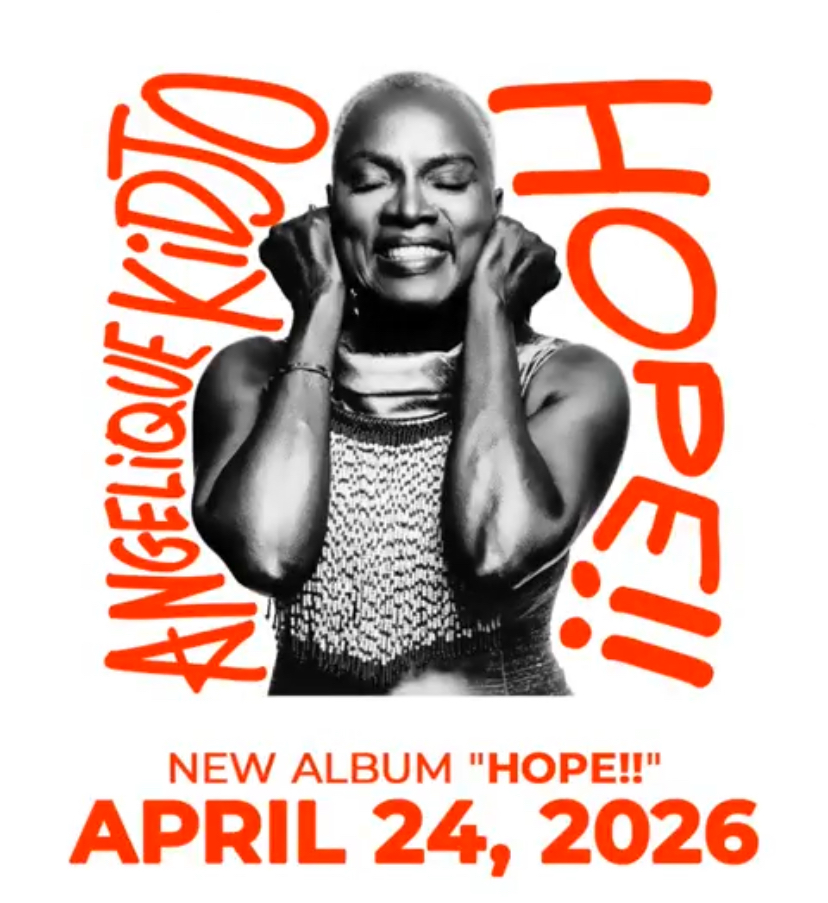
music entertainment culture
Angélique Kidjo Announces New Album
By Christabel Newman
March 5th, 2026
-

-

entertainment fashion & lifestyle culture
FreetheYouth Set to Unveil CROWN TO CROWN Collection
By Christabel Newman
March 4th, 2026
-

entertainment fashion & lifestyle culture
Zendaya And Tom Holland Spark Marriage Frenzy
By Christabel Newman
March 4th, 2026
-
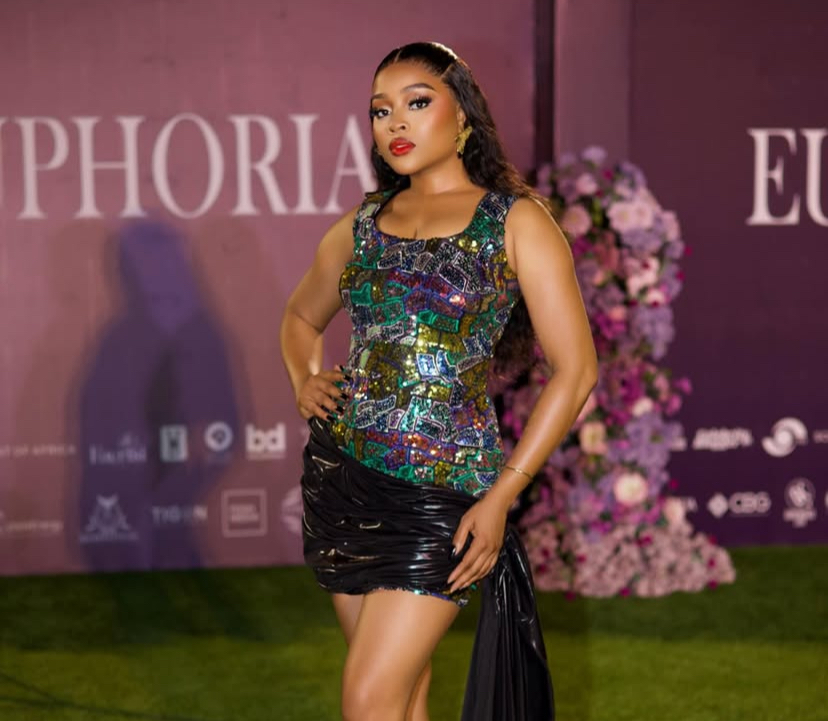
music entertainment fashion & lifestyle culture
Stonebwoy Pushed Me To Write TAKE CARE OF YOU - Adina Thembi
By Christabel Newman
March 4th, 2026
More From 3Music News
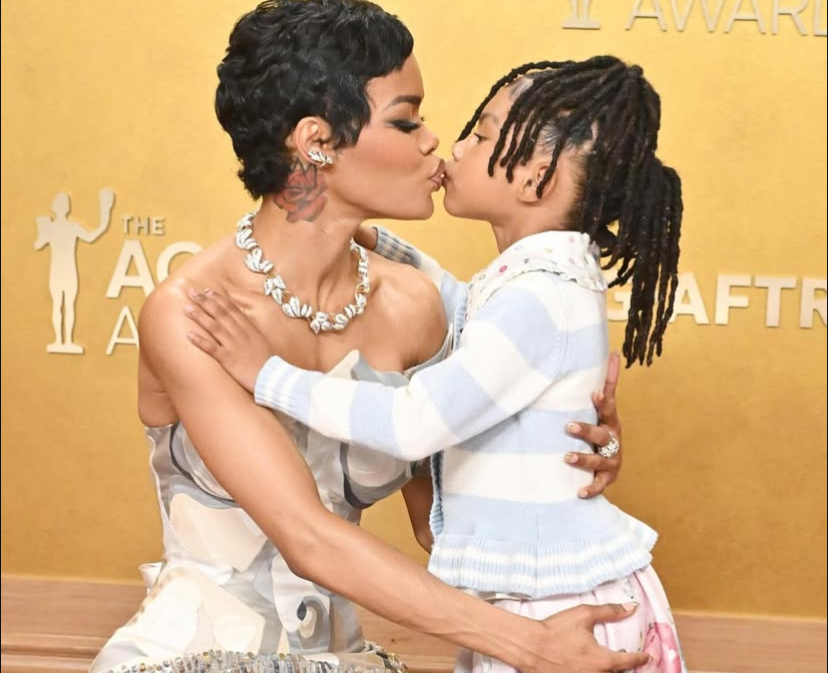
music | entertainment | fashion & lifestyle | culture | BY Christabel Newman | March 3rd, 2026
Rue Rose Steals The Spotlight At The Screen Actors Guild Awards
Rue Rose stepped out alongside her mom, embracing her role as the ultimate red carpet assistant…
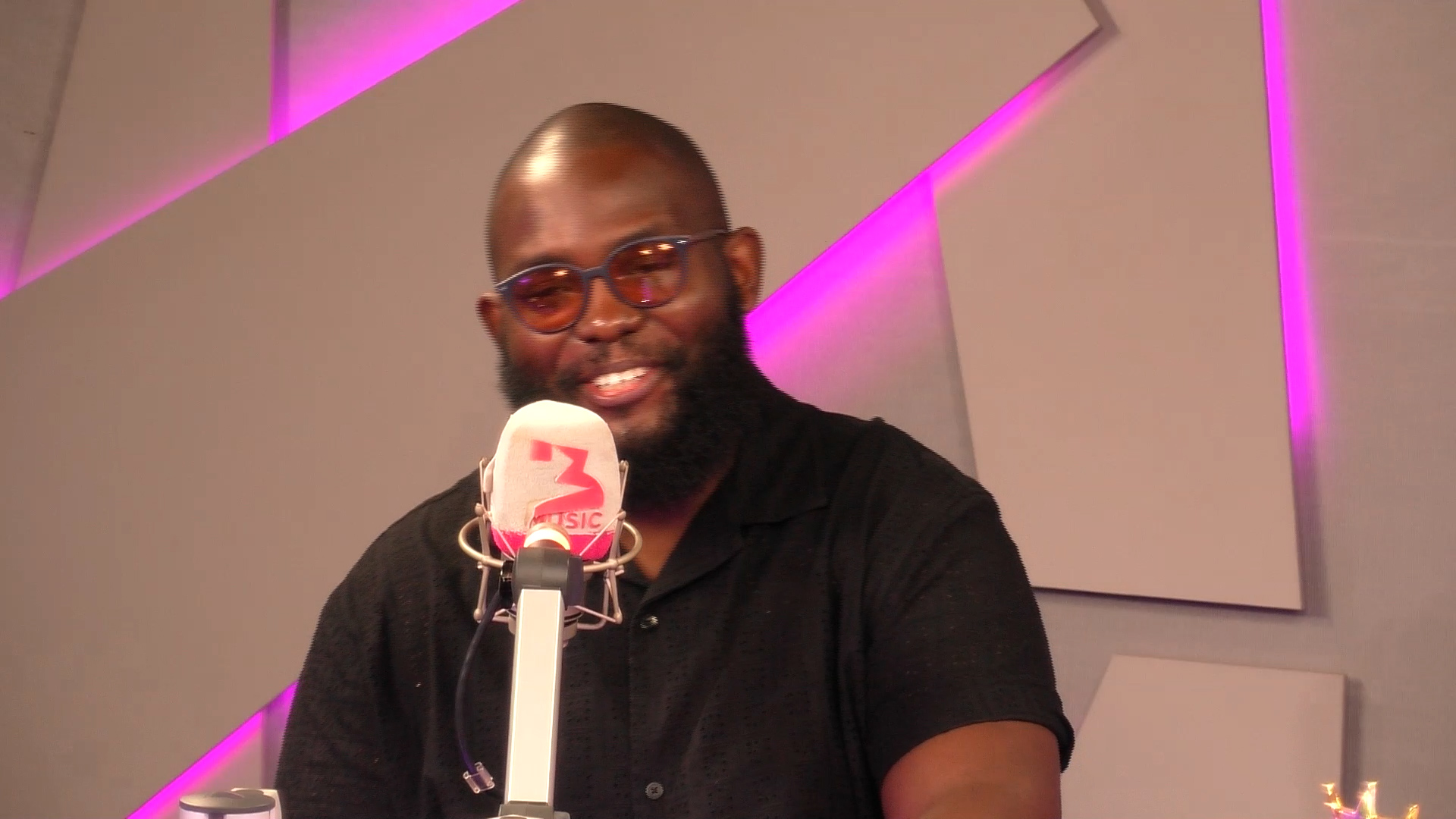
entertainment | fashion & lifestyle | culture | BY Christabel Newman | March 3rd, 2026
Kofi Turkson Unveils 16-Week Creative DNA Fashion Accelerator In Partnership With British Council Ghana
Creative entrepreneur, Kofi Turkson, has announced the launch of the Creative DNA Programme, a 16-week fashion accelerator initiative delivered by My Runway Group in partnership with the British Council Ghana...

fashion & lifestyle | culture | BY Christabel Newman | March 3rd, 2026
Dr Chris Aminarh Breaks Down Essential Chest & Abdominal Health Checks
The discussion centred on a crucial reminder: many life-threatening conditions develop silently and routine health checks remain the most reliable way to prevent complications…
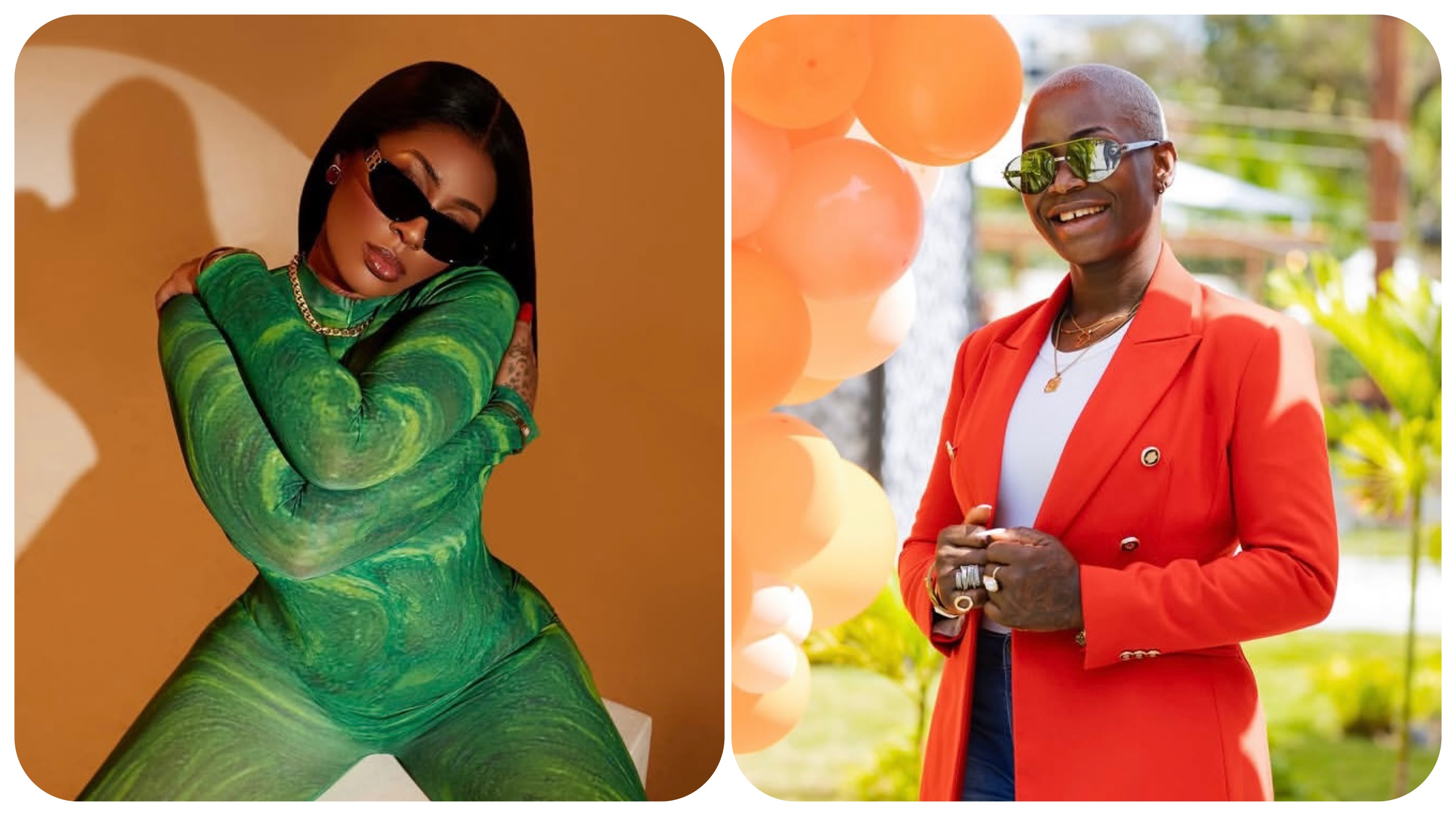
music | entertainment | fashion & lifestyle | culture | BY Christabel Newman | March 3rd, 2026
Tiffany And Chi Chi DJ Are Ready To Talk
The duo, who are no strangers to bold opinions and vibrant personalities, are preparing to debut the Itz Tiff x Chi Podcast, a show expected to centre on unfiltered…
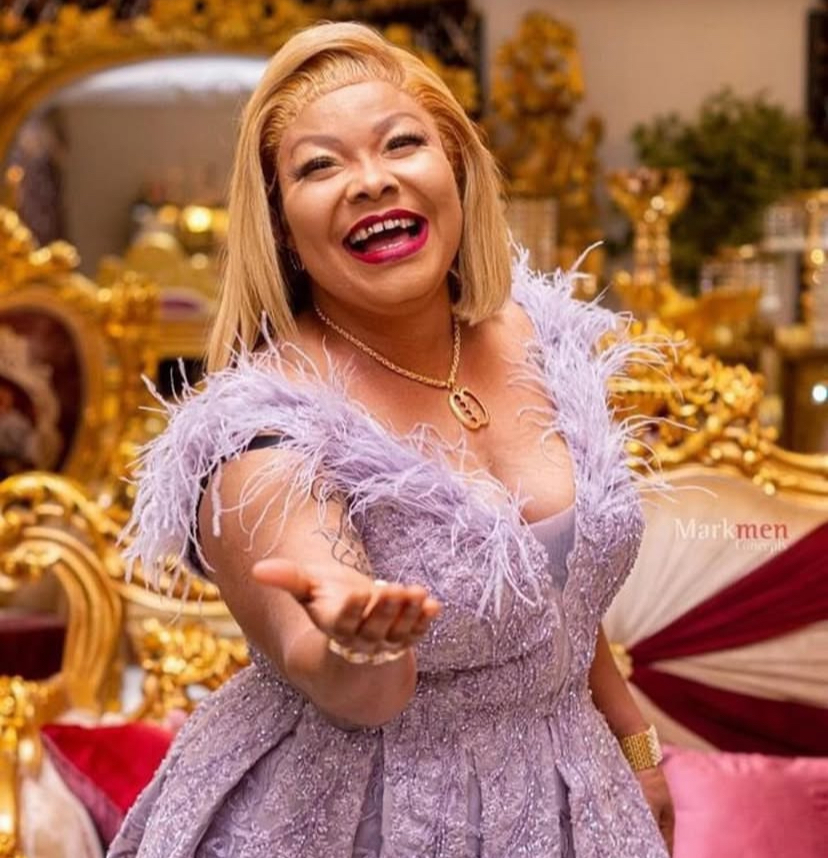
entertainment | BY Christabel Newman | March 3rd, 2026
Evangelist Mama Pat Reportedly Returns Home After Release
Patricia Asiedu Asiamah, popularly known as Evangelist Mama Pat or Nana Agradaa, has reportedly returned home and reunited with her family following her recent release…

music | entertainment | fashion & lifestyle | culture | BY Christabel Newman | March 2nd, 2026
3Music TV Spotlights Women In New WOMAN Show
Hosted by the eloquent and insightful Lerny Lomotey, WOMAN creates a safe and empowering space for real conversations, authentic storytelling and meaningful reflections…
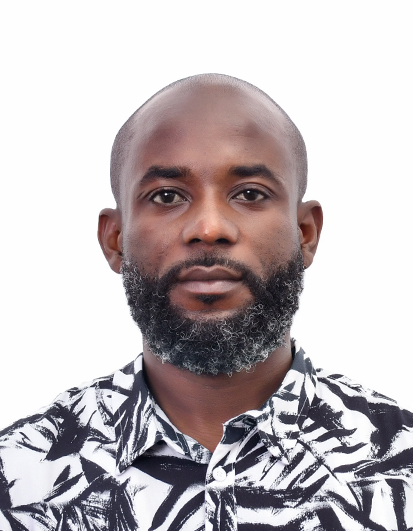
music | entertainment | fashion & lifestyle | culture | BY Christabel Newman | March 2nd, 2026
Edward Owusu on Government’s GH₵40M Creative Arts Allocation
The conversation on Culture Daily took a critical turn as industry stakeholders unpacked the government’s newly announced GH₵40 million allocation to the creative arts sector, with GH₵20 million earmarked for film and the remaining GH₵20 million directed toward…

music | entertainment | fashion & lifestyle | culture | BY Christabel Newman | March 2nd, 2026
Dr. Likee Goes Live at O2 Indigo
Ghana’s flourishing creative arts industry is set to take centre stage internationally as DR. LIKEE LIVE makes its highly anticipated global debut at the Indigo at The O2 on May 22, 2026...

entertainment | fashion & lifestyle | culture | BY Christabel Newman | March 2nd, 2026
Michael B. Jordan Wins First Best Male Actor Honour
The emotional highlight came when award-winning actress Viola Davis announced his name. Her visible excitement reflected what many in the room felt…
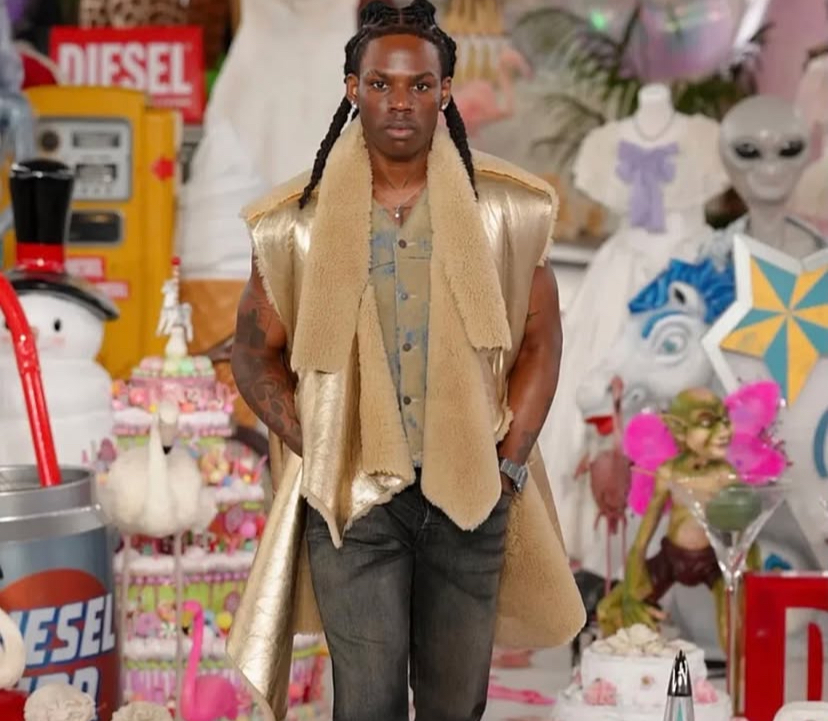
music | entertainment | fashion & lifestyle | culture | BY Christabel Newman | March 2nd, 2026
Rema Walks For Diesel At Milan Fashion Week
The Nigerian hitmaker recently took to the runway for Diesel’s highly anticipated showcase at Milan Fashion Week, stepping confidently into the world of high fashion...

entertainment | fashion & lifestyle | culture | BY Walter Sena | March 2nd, 2026
Zendaya and Tom Holland Are Married, Stylist Law Roach Reveals
In a moment that instantly sent shockwaves across pop culture, stylist Law Roach has revealed that Hollywood’s most private power couple, Zendaya and Tom Holland are officially married.

music | entertainment | fashion & lifestyle | culture | BY Walter Sena | March 2nd, 2026
Medikal Appointed Ambassador for NYA’s RED MEANS STOP Anti-Drug Campaign
Award-winning Ghanaian rapper Medikal has been appointed as an official ambassador for the National Youth Authority’s (NYA) RED MEANS STOP campaign, a nationwide initiative aimed at combating the growing abuse of synthetic drugs among young people.
More Similar Videos
music,entertainment | Lerny Lomotey | October 27th, 2025
Showboy Shares His Journey From Prison To Becoming Ghana's Biggest Trapper
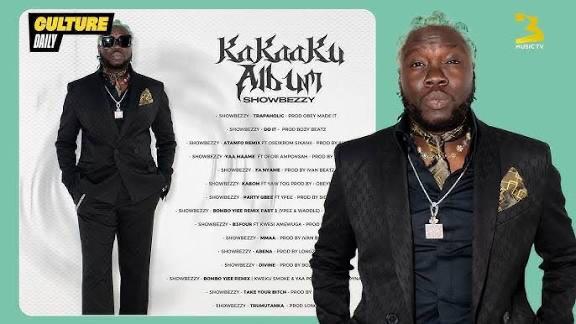
Comments